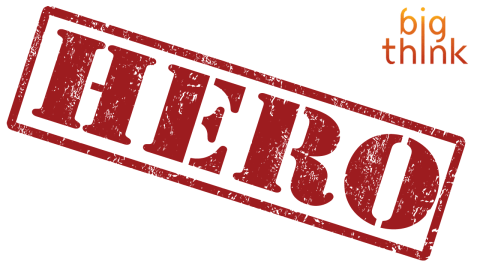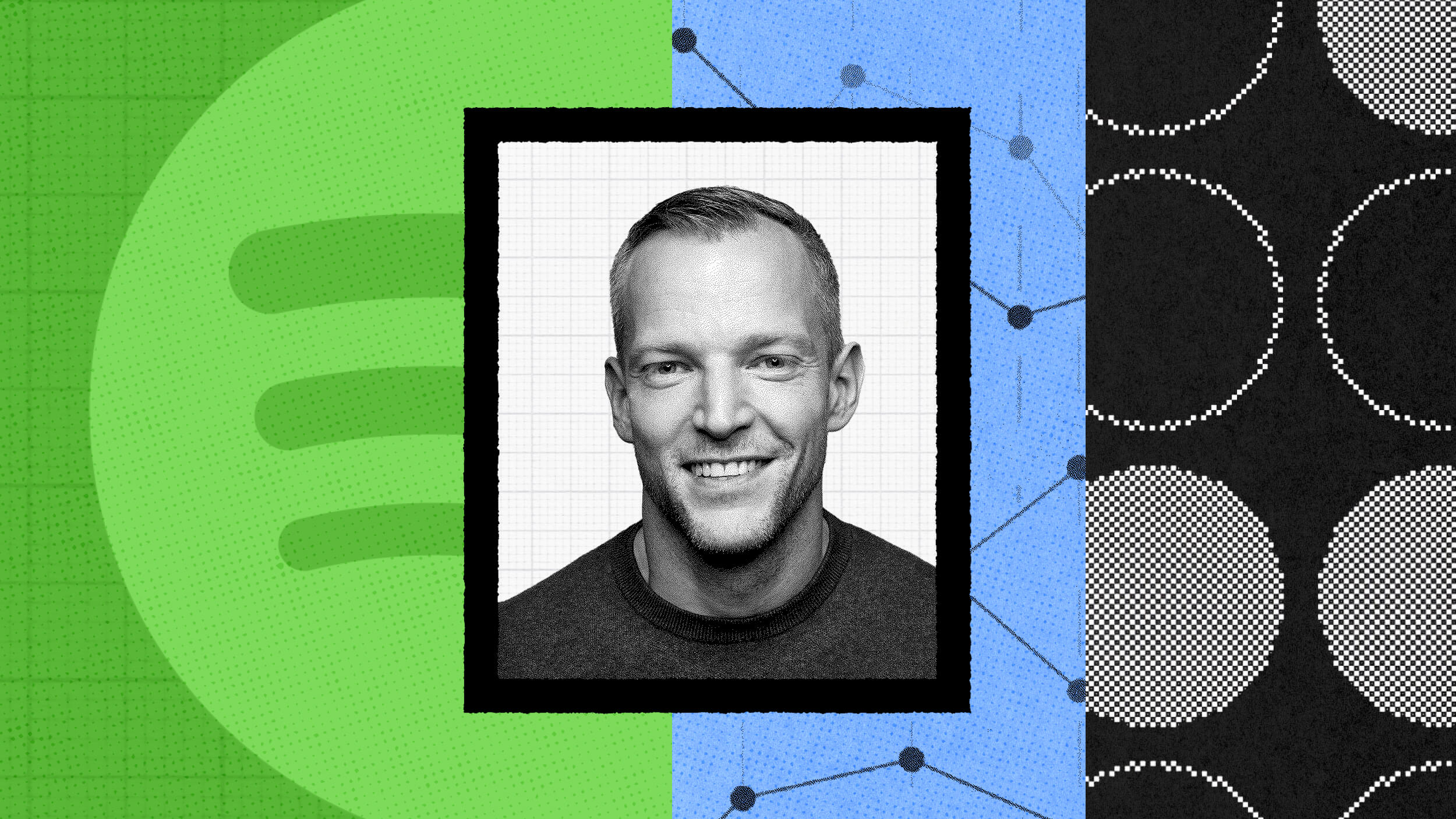Those Who Resist: Philip Zimbardo on The Two Types of Heroes

Philip Zimbardo is one of the most famous and prolific psychologists of the past half-century. Best-known as the father of the 1971 Stanford Prison Experiment, Zimbardo is also author of the best-selling 2007 book The Lucifer Effect: Understanding How Good People Turn Evil. Now, after a career exploring the capacity for social situations to turn good people bad, Zimbardo is focusing his efforts on ways to encourage individuals to act as heroes do.
A few years ago, Zimbardo founded the Heroic Imagination Project, a non-profit organization that harnesses the findings of social psychology to help regular people “transform negative situations and create positive change.” In his interview with Big Think, Zimbardo mused on the two kinds of heroes: the impulsive reactive and the reflective proactive.
An example of an impulsive reactive hero is Wesley Autrey, the New York resident who risked his life in 2007 to save a man who had fallen off a subway platform onto the tracks:
"Being in New York he knows subway trains come in every few minutes. There are 75 people on the platform. What do they do? It’s the bystander effect. They all look away... He jumps down on the tracks, puts the guy from across the tracks to between the tracks, puts himself on top of him, presses him down just as the train goes over their head. He survived by a half an inch. There was a half an inch between the top of his skull and the bottom of the subway train."
Heroes like Autrey resist social inertia and make spontaneous decisions in reaction to individual events. The other kind of hero is one who takes a broader, more calculated approach to combat a status quo, rather than a single situation:
"The other kind of hero is proactive who reflects. Somebody who sees something wrong, some corruption, some injustice, has to collect information, has to make a case, often has to get other people on her or his side."
Zimbardo's example of this type of hero is Michael Winston, the executive-turned-whistleblower who spoke out against Countrywide Financial's unjust business practices and poor treatment of workers:
"So Countrywide Mortgage at the beginning hired Michael Winston. He was an executive at Merrill Lynch, had been an executive at Motorola – and his whole team – 20 or 30 people came with him. And he’s doing his business and suddenly he realized something is wrong. That he’s looking at these accounts, mortgages are failing, people can’t pay the fee. They can’t pay the fee because they didn’t have a job. So he confronts his boss and he says what is our rule? What is the criteria of giving a mortgage?
The answer he got was if the person breathes, we loan, you know. He was horrified. And he said, no, this is wrong."
Winston was fired. He went to trial. He won, and was entitled to a multi-million dollar settlement of which he's yet to see a dime. His victory in the jury trial was controversially (and illegally) overturned last year by a single judge. Still, Michael Winston is a hero for doing the right thing. He saw injustice and, instead of eschewing responsibility, he acted.
Winston has since joined Zimbardo at the Heroic Imagination Project as Director of Corporate Initiatives.
"Together we are designing programs for corporations to promote cultures of integrity, to indicate that companies that model best practices - companies that model the most upstanding principles - end up as the most profitable. It’s not a trade of profits versus principles."
Finally, Zimbardo reflects on the final chapter of The Lucifer Effect and takes solace in the fact that in all his research and throughout history, there have been individuals who have resisted the urge to stand by while bad things happen:
"And some of those people can be classified as heroes."





